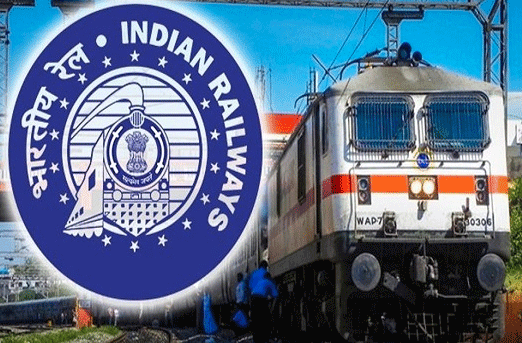New Delhi: With the new iron ore policy soon to be implemented by the Ministry of Railways, Industries in Steel sector are happy as higher priority will be accorded to movement of iron-ore traffic for domestic manufacturing activity.
Industries in Odisha, Jharkhand, West Bengal and Chhattisgarh in particular and steel makers across the country will reap the benefit of the new Iron Ore Policy, officials say.
Iron-ore was the second most important stream of traffic of Railways and along with steel accounts for nearly 17 per cent (53.81 million tonne steel & 153.35 million tonne iron ore) of total 1210 million tonne freight loading of Indian Railways in 2019-20.
The new iron-ore policy-2021 of the Ministry of Railways is expected to have positive impact on the steel industry and provide powerful impetus to the core sector of the economy and boost country’s economic growth.
While steel industries are facing raw material shortage, such a decision to prioritise the iron ore traffic movement will go a long way to help out the Industries, feel Captains of Industry.
Production of steel is critically dependent on the transportation of iron and other raw materials, officials say.
Within domestic movement of iron-ore traffic, priority preference given to Steel /Pig Iron/Sponge Iron/pellet/sinter plant owning customers having their own private sidings at both loading as well as unloading ends (C+), customers with private siding at either loading or unloading end (C), customers without any private siding of their own relying totally on public good sheds/sidings (C-) in that order, said an official.
A new iron-ore policy governing allocation of rakes and transportation of iron-ore has been issued on date by Indian Railways.
The aim of the policy is to attune it to the present day needs of customers and assure them that Indian Railways is fully committed to meet the complete requirement of transportation of iron ore customers and provide total logistics support to steel industry to meet the competitive challenges domestically and globally.
The policy sets down clear guidelines on how to fully meet the requirement of customers by leveraging infrastructure facilities available at loading and unloading ends to the fullest.
The new policy has been named as ‘Iron-ore Policy 2021’ and shall come into effect from February 10.
The provisions of the new policy will be updated in the rake allotment system module by CRIS.
The existing categorisation based on customer’s profile into CBT/Non-CBT customers henceforth is being done away with.
Old and new plants will be treated equally as far as allotment/loading of rakes is concerned.
The categorization of Priority of movement of Iron Ore has now been based on the availability of Railway infrastructure developed by the customer for loading/unloading and the nature of movement between various types of sidings with a view to maximize iron-ore movement by rail.
The priority preferences for the customers will be self-generated by the system (Rake allotment scheme) based on customer profile (name of manufacture, consignor name, consignee name, siding/PFT name and code) fed in the system by the concerning zone.
The customers are free to choose the priorities or combination of priorities for moving their traffic as per eligibility and necessity. No permission is required to be obtained for choosing priorities or combination of priorities.
The export traffic shall be given priority ‘D’. To differentiate rail-cum-sea traffic from export traffic, the former should be accompanied by a self- declaration that such traffic is meant for domestic consumption and railway will not be held responsible for any wrong declaration submitted by the manufacturer.
Pellet and sinter traffic will also move under priority D. Any type of customer can move traffic under priority D as per his requirement.
Dispatch of ‘low grade fines or iron ore rejects’ generated during the process of manufacturing has been freely allowed under priority D to any location.
Under contractual traffic (GPWIS), customer is free to place indents as per their requirement.
With the aim to facilitate ‘ease of doing business’ scrutiny of documentation by Railways has been removed, said the officials


